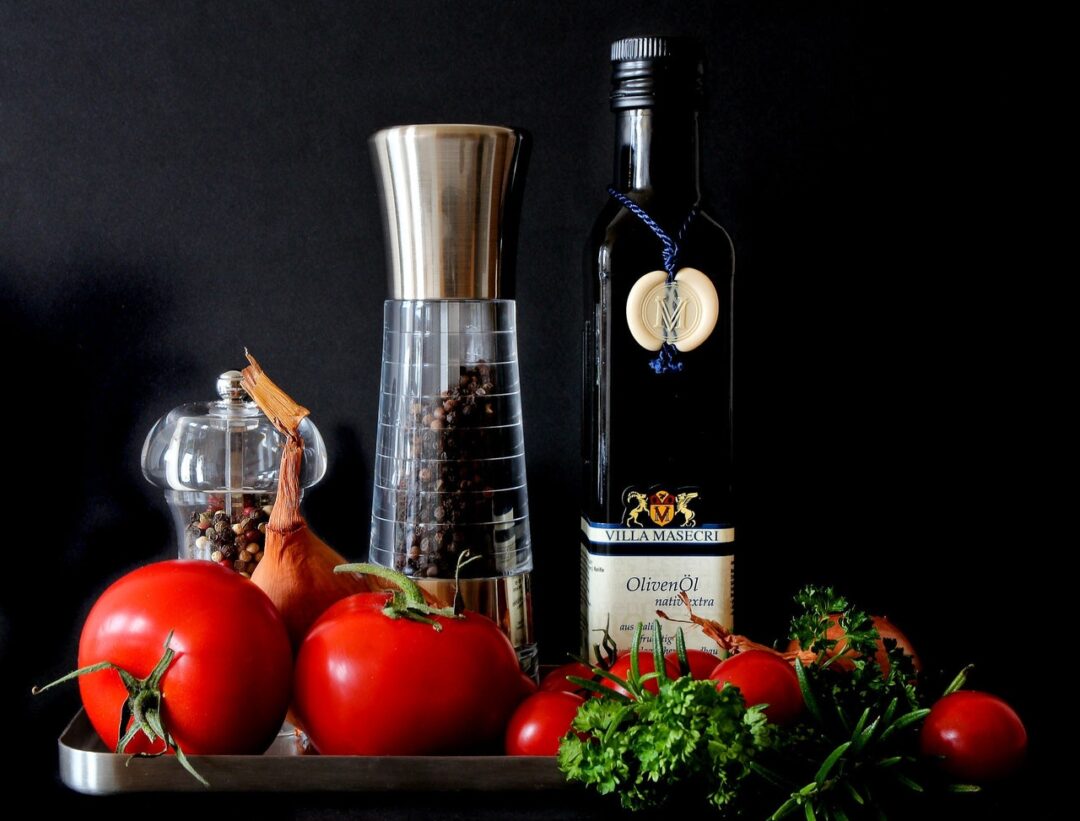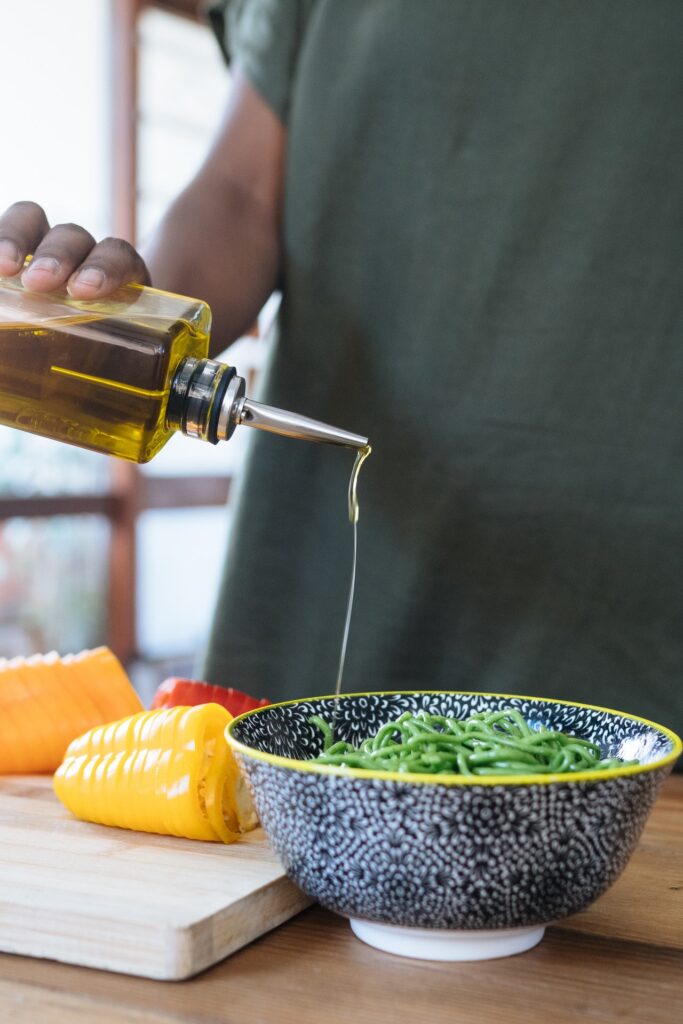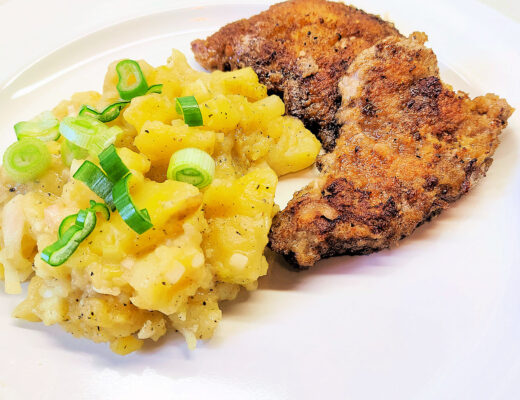Are olive oil and coarse salt always the best choices? Hardly!
What's wrong with olive oil and coarse salt?
Nothing! Nothing at all.
Nevertheless, these are a few ingredients I often notice when looking at recipes. For some, olive oil (often with the addition of ‘good’) and coarse salt are simply consistently ‘’commanded‘’. I have a feeling that it's more habit than thoughtfulness.
Sometimes it makes sense. But often it doesn't. For example, if I make a sauce and add salt, it dissolves. And it doesn't matter if it's fine, coarse, from Læsø, from the Mediterranean or similar. It's NaCl, sodium chloride, and it dissolves. If there's a little bit of minerals in it, it's hardly something that affects my health. So I'll just write ‘salt’ unless it's in a serving where you see and enjoy that it's coarse, perhaps flaky.
And oil...
For most cooking, I prefer a neutral-flavoured oil with good frying properties. Such as grape seed oil or rapeseed oil. They can withstand high heat and contain good fatty acids. I promise I will never fall into the trap of writing ‘grease the mould in a good olive oil’, which I have actually seen in a recipe. And if I make Gochujang marinade with lots of chilli paste, chilli powder, garlic and ginger, even the best olive oil would drown and be unpalatable. The same goes for my Chili con carne.
I have nothing against olive oil. I like it a lot. For example in a salad, with freshly baked bread or on a pizza. And in lots of other ways.
But I'd rather buy a better olive oil and use it less frequently - and then just use "oil" in the many cases where cold-pressed extra virgin olive oil is not an advantage.
All right, that's it! Now I got it off my chest.
But you'll see me typing freshly ground pepper over and over again. Because that's what I can taste!







No Comments